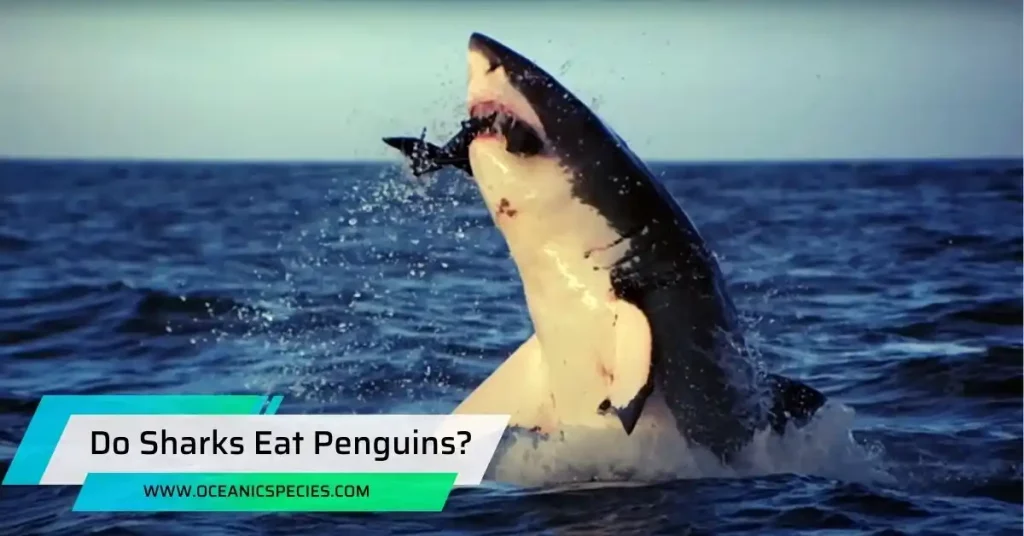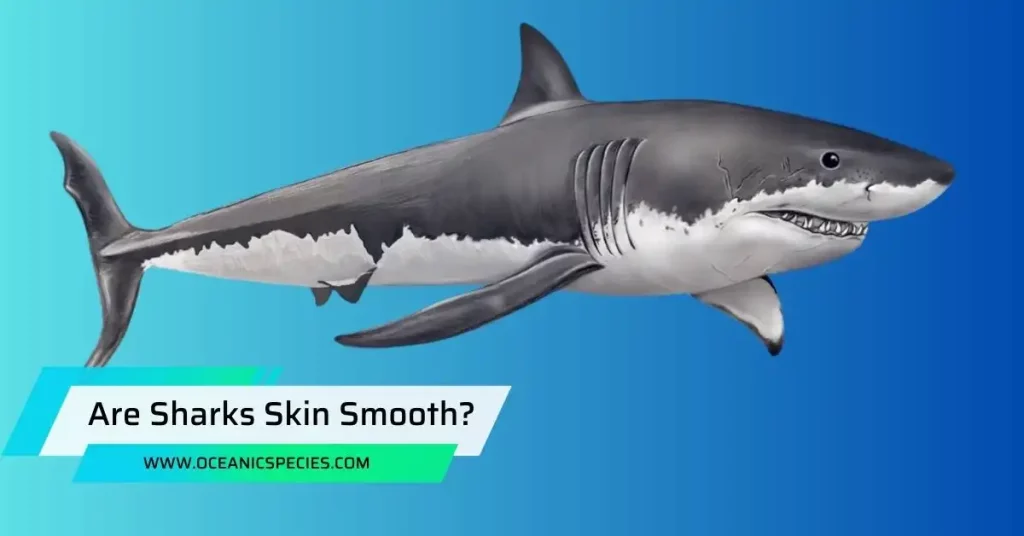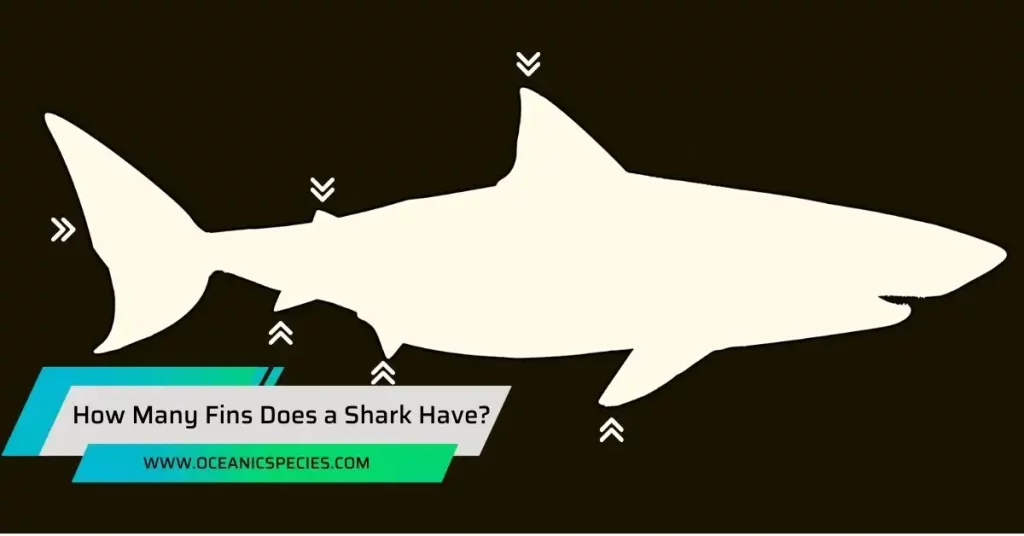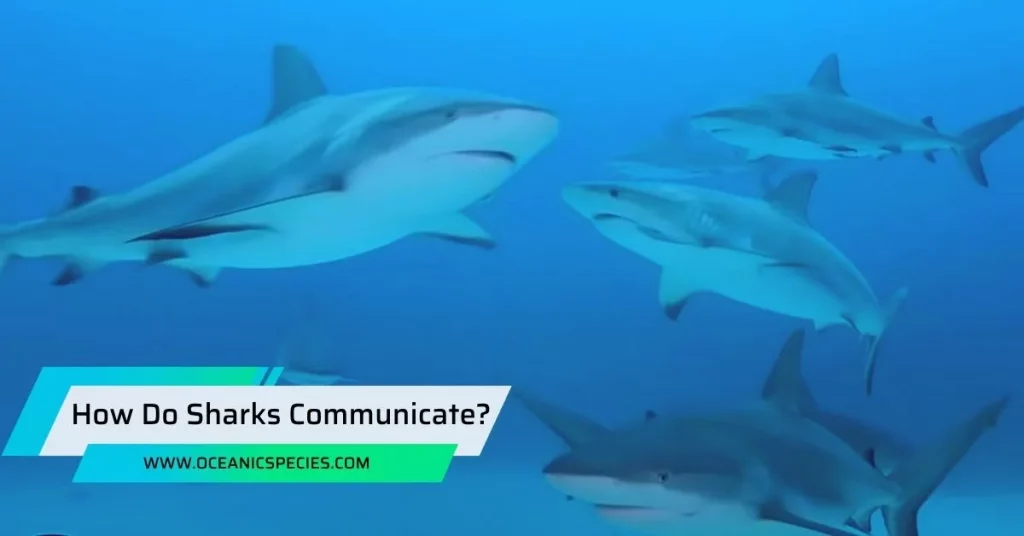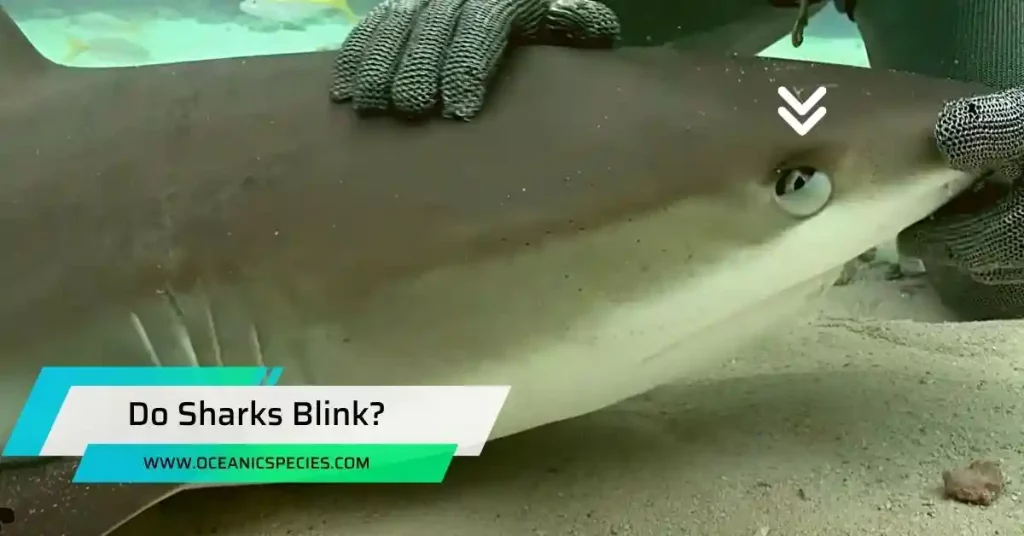Sharks typically do not eat penguins. Penguins inhabit the southern hemisphere and are not found in the same oceanic habitats as sharks.
Penguins, known for their unique appearance and ability to swim, are not on the menu for sharks. Sharks mainly feed on fish, seals, sea lions, and other marine mammals. They have different feeding strategies and habitats compared to penguins. While sharks are apex predators that patrol open waters, penguins predominantly live and hunt for food in colder regions, such as Antarctica and the surrounding islands.
Therefore, the notion of sharks eating penguins is purely fictional. So, rest assured, these amazing creatures are safe from being a shark’s meal.
Sharks And Penguins: A Clash Of Ecosystems
Sharks and penguins inhabit different ecosystems due to their distinct adaptations and preferences. Sharks dominate the ocean, showcasing their hunting prowess, while penguins brave the harsh conditions of the southern hemisphere.
Understanding The Habitats Of Sharks And Penguins:
Sharks reside primarily in marine ecosystems, specifically oceans, seas, and even some freshwater bodies. They are apex predators, meaning they occupy the top of the food chain. Their streamlined bodies and powerful jaws make them formidable hunters. Sharks rely heavily on their sense of smell to locate prey in the vastness of the ocean. Some common shark habitats include coral reefs, open waters, and coastal areas.
On the other hand, penguins are flightless birds that inhabit regions near the southern hemisphere. They are adapted to life in the open ocean and icy environments, such as Antarctica and surrounding areas. Penguins have streamlined bodies, flipper-like wings, and thick layers of blubber to survive cold temperatures.
Unlike sharks, penguins are not predators but instead feed on fish and krill. They spend a significant portion of their lives in water, and some species even dive to impressive depths.
Exploring The Geographic Distribution Of These Fascinating Creatures:
Sharks have a global presence, inhabiting various oceans and seas around the world. Some species, like the great white shark, can be found in both warm and temperate waters. Others, such as the whale shark, prefer tropical and subtropical habitats. Sharks also have distinct preferences for certain regions. For example, tiger sharks are commonly found in the Caribbean Sea. Their distribution is influenced by factors like water temperature, prey availability, and migration patterns.
Penguins, on the other hand, have a more limited geographic distribution, mostly concentrated in the southern hemisphere. Antarctica is home to several species of penguins, including the iconic emperor penguin. Other popular penguin habitats include the coasts of south Africa, south America, New Zealand, and Australia. The Galapagos islands also host penguin populations unique to those regions. Penguins are bound by the availability of food and suitable breeding sites, which dictate their distribution.
Unveiling The Facts: Do Sharks Really Eat Penguins?
While it is theoretically possible for certain shark species to consume penguins, sharks generally have dietary preferences and feeding behaviors that make penguins a less common target. It’s important to consider these factors when examining the question of whether sharks eat penguins.
Examining The Diet Of Sharks And Their Preferences
Sharks are known for their diverse diet, ranging from fish and crustaceans to seals and even other sharks. However, their preference for certain prey can vary depending on the species. Here are some key points to consider:
- General diet: Most sharks are carnivores, meaning they primarily feed on other animals. While some species have a broad diet, others exhibit more specific preferences.
- Opportunistic feeders: Sharks are opportunistic creatures, often targeting prey based on availability and proximity. They are known to go after the easiest and most accessible meal.
- Size matters: Sharks generally prefer prey that is smaller in size compared to themselves. This preference is rooted in energy efficiency, as consuming smaller animals requires less effort and energy expenditure.
- Species variations: Different shark species have distinct dietary preferences. For instance, larger sharks like the great white are commonly associated with consuming marine mammals, while smaller species like the reef shark tend to feed on smaller fish and invertebrates.
- Environmental influence: The availability of prey in a shark’s habitat can influence their diet. For instance, if penguins inhabit an area where sharks are present, they may become part of the shark’s diet.
Analyzing The Feeding Behaviors Of Different Shark Species
Understanding the feeding behaviors of different shark species can provide further insights into whether sharks eat penguins. Consider the following points:
- Great white sharks: These apex predators are known for their formidable hunting skills. While they do occasionally consume marine mammals, such as seals, there is no definitive evidence proving their regular consumption of penguins.
- Sevengill sharks: Sevengill sharks are bottom dwellers that primarily feed on fish, but they have been observed consuming seal carcasses. Penguins, however, are not a typical part of their diet.
- Atlantic blue sharks: Blue sharks are migratory species that primarily feed on smaller fish and squid. While they may occasionally have interactions with penguins, it is not a common occurrence.
- Leopard sharks: Leopard sharks are bottom-dwelling species that mainly feed on small fish, crustaceans, and mollusks. Penguins are not typically found in their diet.
Penguins: Fast Swimmers And Expert Evaders
Penguins possess an impressive set of skills that enable them to outmaneuver their predators in the water. With camouflage, speed, agility, and unique swimming techniques, these avian creatures have found effective ways to ensure their survival in the demanding marine environment.
Learning About The Survival Strategies Of Penguins
Penguins have evolved various survival strategies to protect themselves from predators and thrive in their marine environment. Here are some key points to consider:
- Camouflage: Penguins have unique coloration that helps them blend in with the surrounding ocean when they swim. Their dark backs camouflage them from predators swimming above, while their white undersides make them difficult to spot from below.
- Speed and agility: Penguins are swift swimmers, capable of reaching impressive speeds underwater. Their streamlined bodies and flipper-like wings allow them to navigate through the water with exceptional agility, making it challenging for predators to catch them.
- Group defense: Penguins often gather in large colonies, providing safety in numbers. Potential predators are less likely to attack a group of penguins due to the increased risk of injury or retaliation.
How Penguins Outmaneuver Their Predators In The Water
Penguins have remarkable techniques that help them outmaneuver their predators in the aquatic environment. Here are some strategies they employ:
- Porpoising: When swimming close to the water’s surface, penguins use a technique called porpoising. They propel themselves above the water occasionally, using their powerful flippers to gain speed and avoid potential threats lurking beneath the surface.
- Zigzag swimming: Penguins are skilled at evasive swimming, often employing zigzag patterns. This unpredictable movement confuses their predators and makes it more challenging for them to lock onto the penguin’s trajectory.
- Dive and disappear: Penguins are capable of diving to great depths, where they become less visible and accessible to predators. Their streamlined bodies and efficient oxygen usage enable them to stay submerged for extended periods, giving them an advantage over their enemies.
- Slipping away: Penguins possess the ability to quickly change direction underwater, making it difficult for predators to anticipate their movements. This sudden maneuverability allows them to escape with ease, leaving their would-be attackers empty-handed.
Shark Species And Their Prey: A Closer Look
Sharks and penguins may seem like unlikely companions in the vast world of the ocean, but have you ever wondered if sharks actually eat penguins? Let’s dive deeper into the topic of shark species and their prey to investigate if there is any truth behind this intriguing question.
Investigating The Variety Of Shark Species And Their Hunting Habits
Sharks comprise a diverse group of species, each with its own unique characteristics and hunting preferences. While some of them are known to have a taste for penguins, others might not consider them as their primary prey. Let’s take a closer look at shark species and their hunting habits:
Great white shark: This apex predator primarily feeds on seals and sea lions but occasionally includes penguins in its diet. Its hunting technique involves stealthily approaching its prey from below and launching a surprise attack.
Tiger shark: Known for its indiscriminate feeding habits, the tiger shark has a reputation for being a “garbage can” of the sea. While it prefers a diet of fish, sea turtles, and marine mammals, penguins can occasionally fall victim to its voracious appetite.
Bull shark: This formidable predator thrives in both freshwater and saltwater environments. Though their primary diet consists of fish and other marine animals, bull sharks have been reported to target penguins, especially when they venture into the water. Leopard shark: Despite its name, the leopard shark is not a threat to penguins. Being a bottom-dwelling species, it predominantly feeds on small fish, crabs, shrimp, and other invertebrates.
Hammerhead shark: With its unique head shape, the hammerhead shark has distinct sensory advantages. Though these sharks typically feed on fish, squid, and rays, there have been rare instances where penguins have been consumed.
Do Different Shark Species Have A Taste For Penguins?
While some shark species have been observed consuming penguins, it’s important to note that these incidents are relatively rare. Penguins typically inhabit colder waters near polar regions, while most shark species tend to prefer warmer waters. Additionally, penguins are agile swimmers and often gather in large groups, making it challenging for sharks to catch them.
However, when penguins venture further into the open ocean, they may become more vulnerable to shark predation.
While sharks may occasionally eat penguins, it is not a common occurrence across all shark species. Penguins have evolved to thrive in their icy habitats, utilizing their swimming skills to evade potential predators like sharks. So, the next time you see a shark and a penguin together, rest assured that it might just be a harmonious coexistence in the vast ocean realms.
A Dive Into The Shark-Penguin Interaction
While it is possible for sharks and penguins to encounter each other, instances of sharks actively hunting penguins are not as common as popular belief suggests. Sharks generally focus on their preferred prey, such as fish or seals. Penguins, with their swift swimming abilities and collective strategies, have developed mechanisms to avoid predation by most sharks.
Separating Facts From Myths: Instances Of Sharks And Penguins Crossing Paths
Penguins inhabit the southern regions, while sharks roam the oceans worldwide. Occasionally, their territories overlap, leading to interactions between these species. When it comes to encounters between sharks and penguins, it’s important to note that sharks primarily hunt for fish, seals, and other marine animals. While penguins may be on the menu for some shark species, such incidents are relatively rare.
The size and behavior of penguins can influence the likelihood of a shark seeing them as prey. Larger penguins, such as emperor penguins, are less likely to be targeted due to their size and the protection they have in numbers. Sharks possess an acute sense of smell, detecting fish and other prey. Penguins, on the other hand, have unique adaptations that allow them to swim with exceptional speed and agility, making them a challenging target for most sharks.
Documented Interactions: Sharks And Penguins Coexisting Peacefully
Despite their differences in habitat and feeding preferences, there have been instances where sharks and penguins coexist peacefully. Certain shark species, such as the gentle whale shark, are primarily filter feeders and pose no threat to penguins. Penguins often congregate in large colonies, utilizing safety in numbers as a defense mechanism. This collective strategy can discourage predatory sharks, diminishing the chances of shark-penguin interactions.
In the southern ocean, famous for its rich biodiversity, some species of sharks, such as the cookiecutter shark, have been observed feeding on marine animals, including penguins. However, such instances are relatively rare and are not representative of the overall dynamic between sharks and penguins.
Overlapping Territories: The Antarctic Connection
The Antarctic region is a delicate balance of life and survival. Sharks and penguins coexist in this extreme environment, each fulfilling their role in the intricate web of the food chain. The relationship between these species is complex, with occasional overlap in their territories.
Understanding The Ecosystem Of The Antarctic Region
The Antarctic region is characterized by extremely cold waters and vast stretches of ice. This icy environment creates a habitat that is perfect for several species of penguins and seals. Fish and krill are the primary food sources for both sharks and penguins in this region. The rich marine life in the Antarctic serves as the foundation of the food chain.
Krill, tiny shrimp-like creatures, form a significant part of the diet for adélie, chinstrap, and gentoo penguins. These penguins rely on krill for their energy needs and to nourish their chicks. Sharks in the Antarctic, such as the leopard seal and the sleeper shark, also depend on krill as a primary source of sustenance. These sharks possess specialized adaptations that allow them to capture these elusive prey.
Exploring The Relationship Between Sharks, Penguins, And Their Food Sources
Penguins, like the adélie and chinstrap penguins, are excellent swimmers and feed on small fish and krill. They have evolved to navigate through the icy waters and dive to great depths in search of their prey. Sharks, on the other hand, are apex predators in the Antarctic ecosystem. Leopard seals, for instance, are known to hunt penguins, among other prey. However, such predation is a small percentage of their overall diet. While the idea of a shark feasting on a penguin may seem terrifying, it’s important to note that these interactions occur infrequently. Shark attacks on penguins are usually opportunistic and typically involve weaker or injured individuals.
Scientific Research On The Diet Of Sharks And Penguins
Studies have confirmed that certain species of sharks, such as the great white and the mako shark, primarily prey on marine mammals and fish, rather than birds like penguins.
Penguin colonies located near shark populations have developed a wide range of behaviours and strategies to minimize their risk of predation, such as forming large groups or seeking shelter in rocky outcrops.
While sharks and penguins may cross paths in some instances, significant predatory interactions are relatively rare due to the differing habitats and hunting techniques of these two creatures.
Frequently Asked Questions
Are There Any Species Of Sharks That Eat Penguins?
No, penguins have defense mechanisms that discourage sharks from targeting them as prey.
Can Sharks Live In The Same Habitat As Penguins?
Sharks and penguins can coexist in the same habitat, but they occupy different niches in the food chain.
How Do Penguins Protect Themselves From Sharks?
Penguins use their agility and speed in the water to evade sharks, and they also gather in groups for added protection.
What Are Sharks’ Primary Sources Of Food?
Sharks primarily feed on fish, although some species also consume marine mammals and other sharks.
Conclusion
Sharks do not typically eat penguins, as they inhabit different regions and have different hunting preferences. Penguins are primarily found in the southern hemisphere, while sharks are more commonly found in coastal regions around the world.
While there have been rare instances of penguins being attacked by sharks, these instances are far from the norm. Penguins have evolved in a way that allows them to swim quickly and efficiently, making it difficult for sharks to catch them.
Additionally, penguins often swim in large groups, providing protection and safety in numbers. It is important to remember that the natural world is complex, and there are always exceptions to every rule. However, based on the available research and scientific understanding, the popular notion of sharks eating penguins is largely a misconception.

